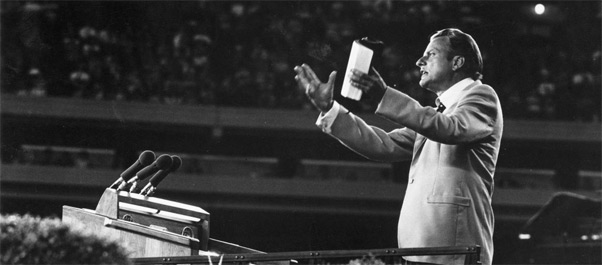
Many times, in our work journey, my wife and I have faced difficult environments and sought the Lord’s wisdom on whether to persevere or to find a better place for our gifts and skills. Years ago, a close friend and prayer partner remarked: “You cannot leave something just because it’s hard.”
How do we know when the current toxicity at work is a sign for fidelity under trial — or when it’s a providential indication to move on? Here’s an insight that has helped us make several transitions under trying circumstances: Biblical self-denial is not a call to personal self-destruction.
When our Lord Jesus Christ summons us to “leave all and follow” and “deny yourself and take up your cross,” it is an urgent summons for kingdom obedience — and no excuses will do in light of the master’s call. No institutions, relationships, or internal fears should hinder our obedience to the gospel call (Luke 9:57–63).
But it’s important that we understand the boundaries and focus of this summons to suffering. Our leaving, self-denying, and refusing to excuse delays means relinquishing our sovereignty in favor of God’s, choosing his will over ours. Self-denial focuses on taking off the old nature, putting on the new nature empowered by the Spirit, and submitting to the ways and will of God (Eph 4:22–24). As theologian Dale Moody once observed, “Human sovereignty leads to frustration. Divine sovereignty brings all responsive persons to fulfillment.”
Biblical self-denial, then, does not eradicate God’s callings and gifts, nor does it repudiate the good works preordained for the believer (Eph 2:10). We are accountable to our heavenly master for how we use all the resources he’s entrusted to us (Matt 25). We are also accountable to keep all his commands; therefore, any call to cross-bearing will not violate other divine commands. For example, God may take your family through deep waters, but he will not call you to stop caring for your marriage and family in the interests of work.
Consider the distinctions between biblical self-denial and unbiblical self-destruction:
- Self-denial calls us to unselfish service; self-destruction demands we cease being the person whom God designed.
- Self-denial calls us to bless those around us and not resent others’ success; self-destruction happens when we’re subjected to unnecessary harm.
- Self-denial commands us to seek the good of others; self-destruction occurs when we let fear displace faith and fail to step forward.
- Self-denial helps us discipline our responses; self-destruction leads to toxic and unjust environments that harm others.
- Self-denial cooperates with God in our battle against sin; self-destruction is when we try to be someone else.
- Self-denial enables us to learn new skills and adjust to rapid change; self-destruction looms when we either refuse to change or presumptively assume roles we’re unqualified to fill.
- Self-denial means we learn emotional intelligence; self-destruction comes when we’re constantly crushed in spirit.
In challenging work environments, we need the help of the Holy Spirit to apply the above insights. Prayer with trusted family, spiritual leaders, and peers will help us “understand the hour.”
In one difficult church we served, we persevered, helped shape a new staff, and prepared a fiscal pathway for flourishing. All of this was in the midst of unfair attacks and dysfunctional relationships among some leaders. We stayed the course and things improved. Then all the pathologies reappeared in a moment, and we realized we could no longer function as faithful stewards of God’s calling.
In another settings, we persevered through multiple transitions — including times of unfair accusation — and saw the community weather the storms and come out healthy. We left that church due to a new call, not a need for healing.
There is no formula for guidance in difficulty at work, but there are biblical promises of wisdom as we seek God with all our hearts and cry out for grace (Prov 2; James 1:5). God delights in giving wisdom, and its fruits are peace and justice for ourselves and others. Before we leave a trying situation, have we done all we can to bring change that benefits the whole and not just our position?
Self-denial is not self-destruction. God allows tribulation so the character of Christ is formed in us (Rom 5:1–11). Our personalities, natural and spiritual gifts, sense of purpose, and opportunities all exist for the glory of God and the good of others. Seeking happiness is not wrong, but we must remember that it derives from pleasing God and serving others.




